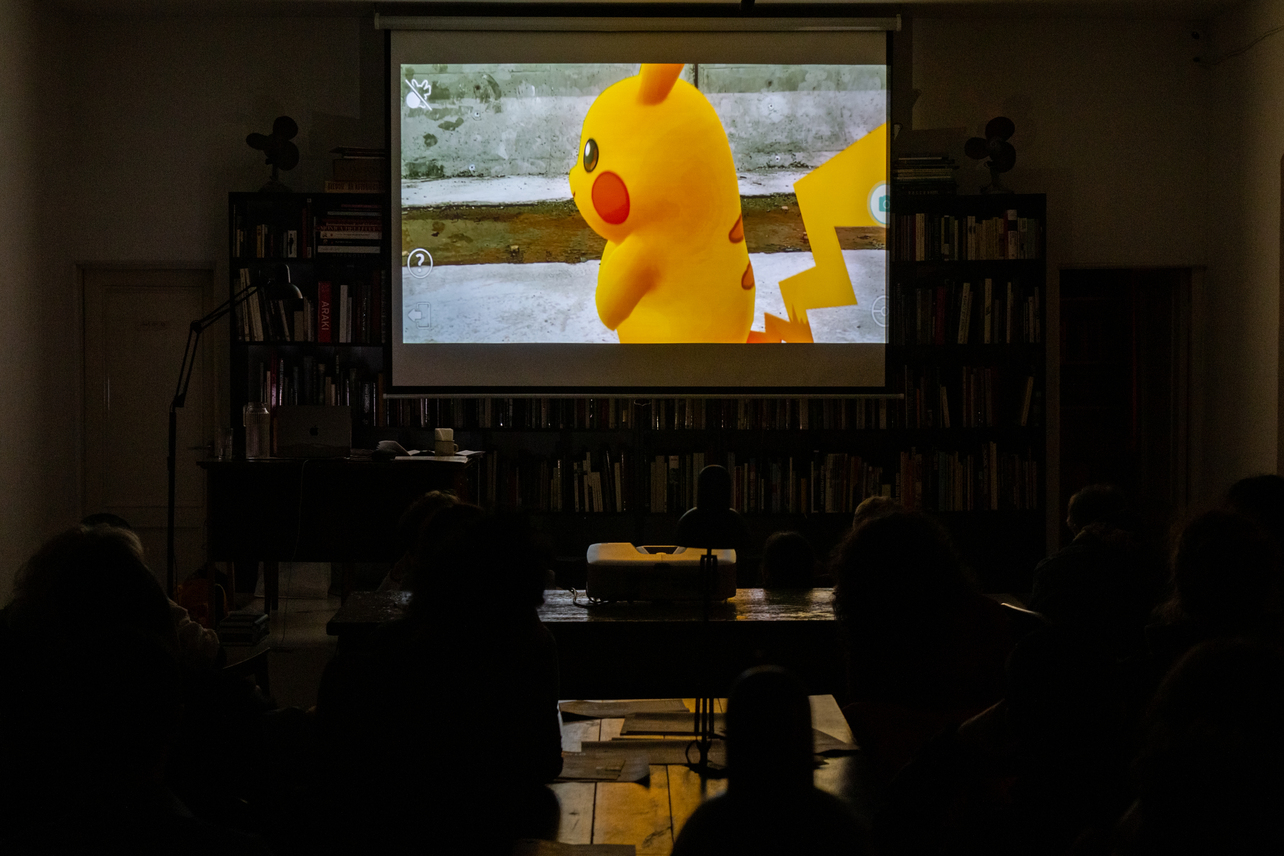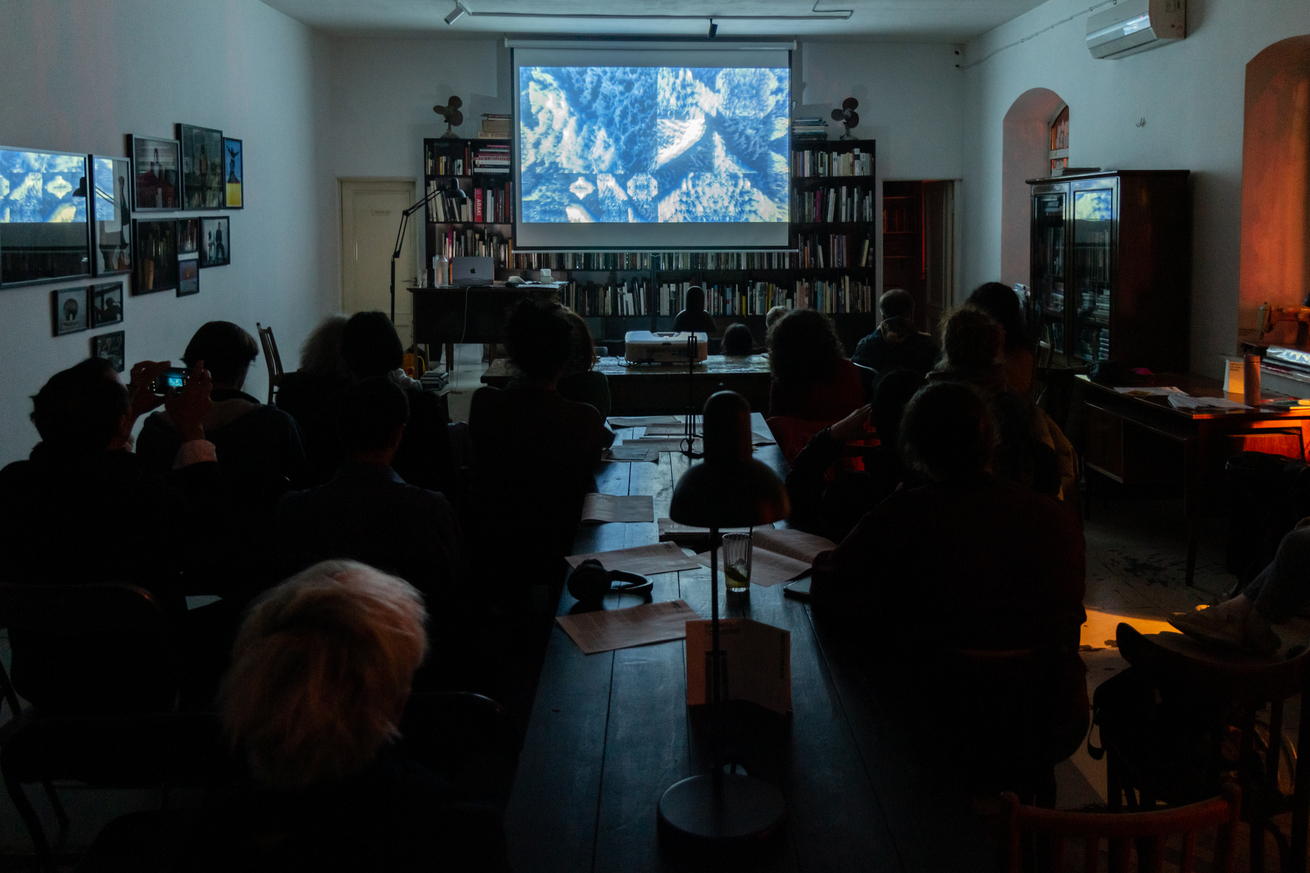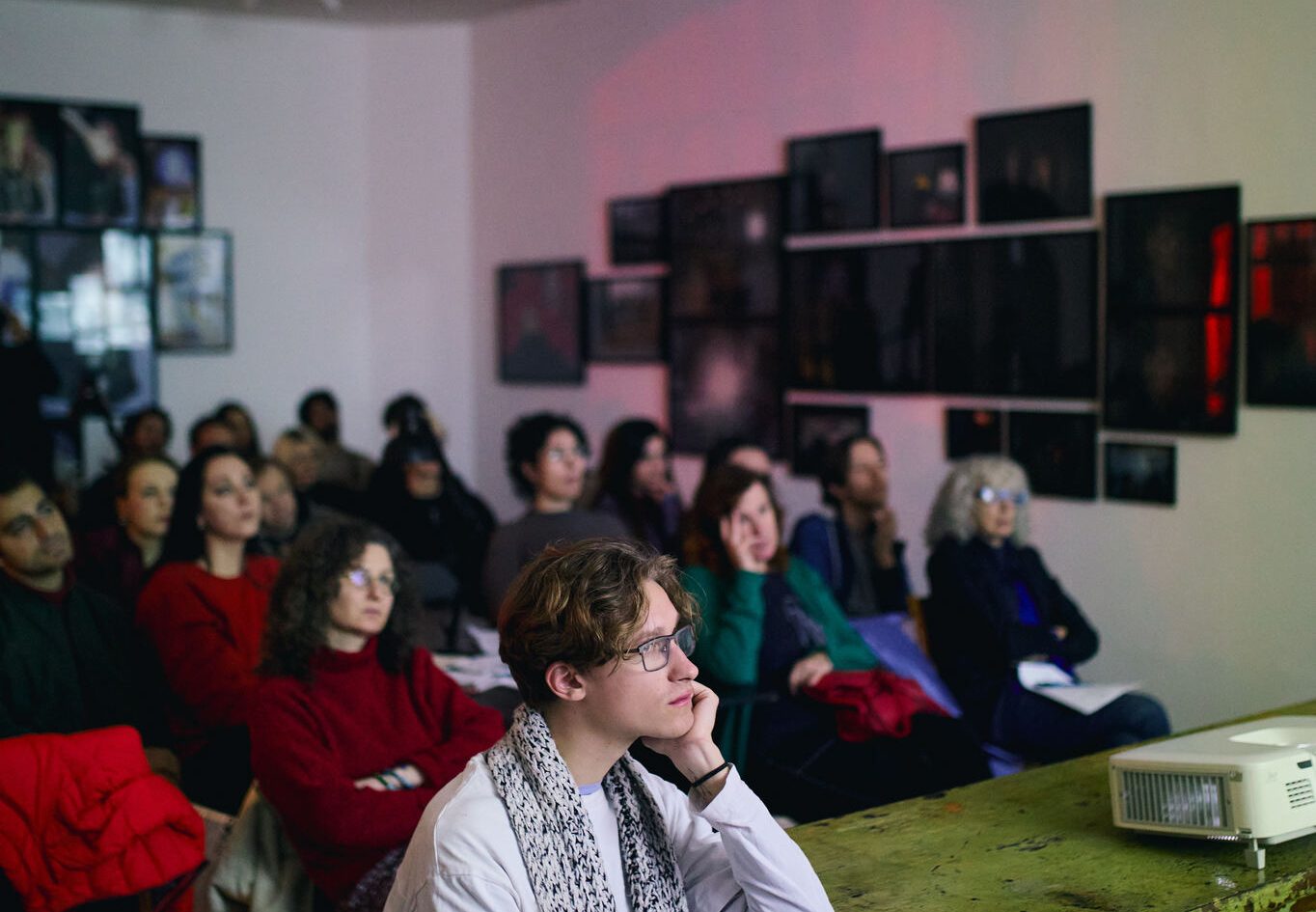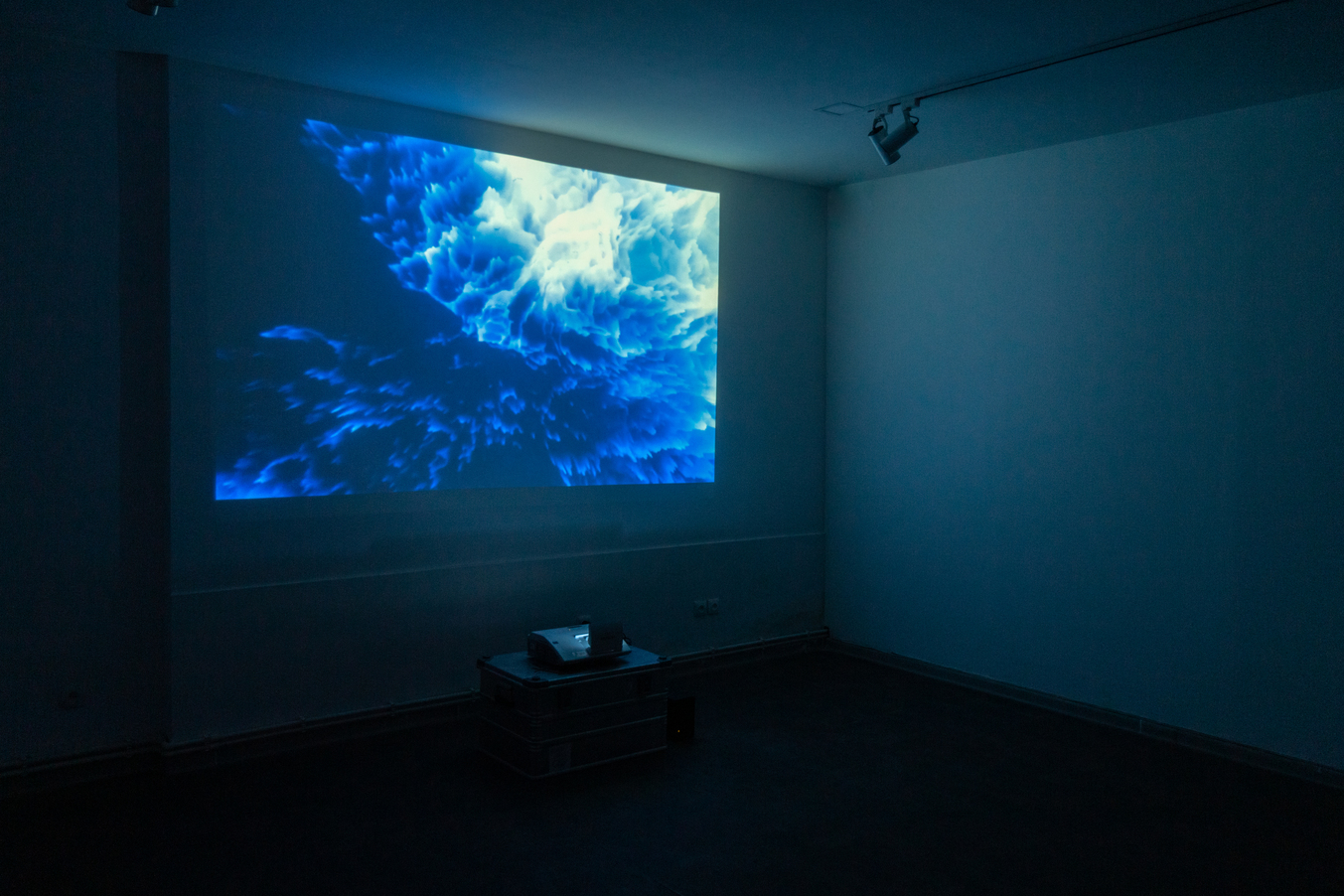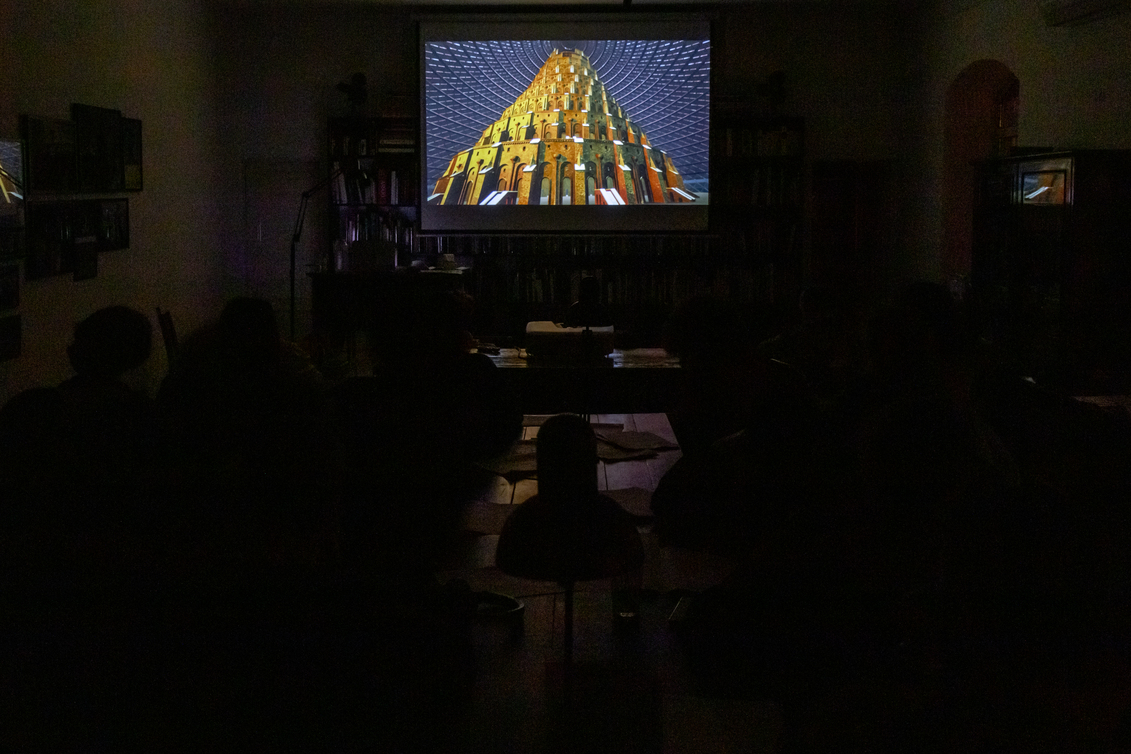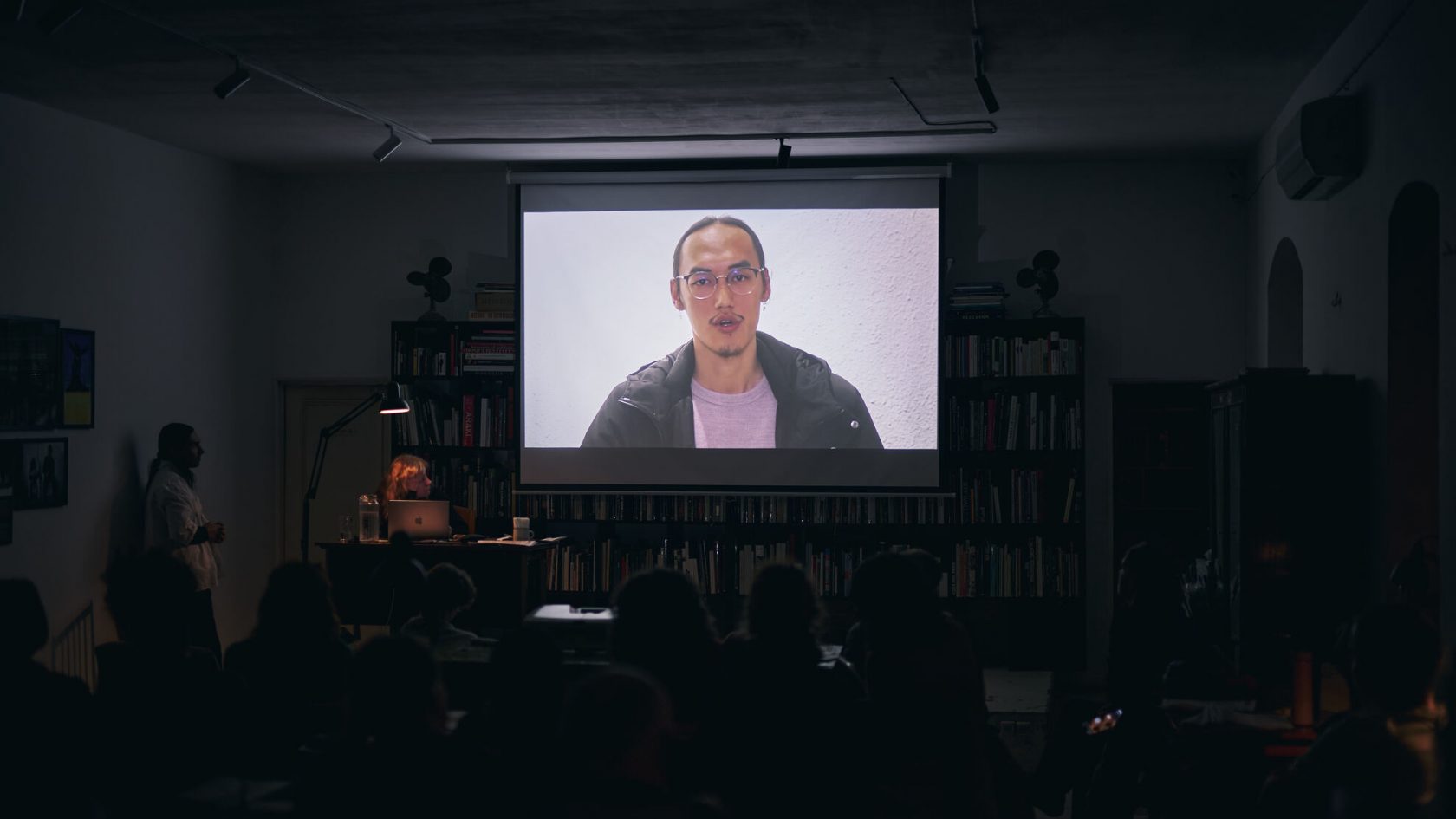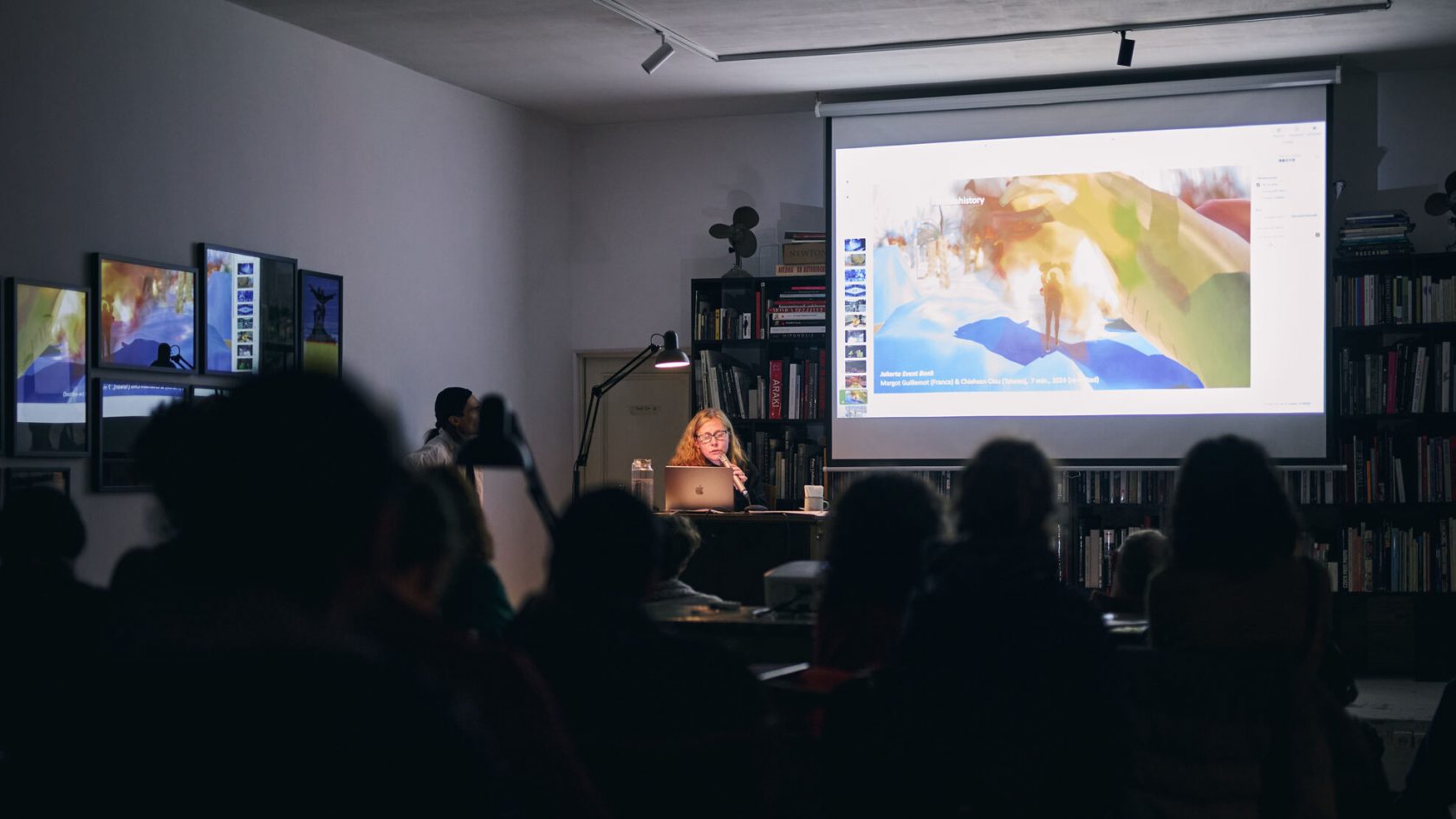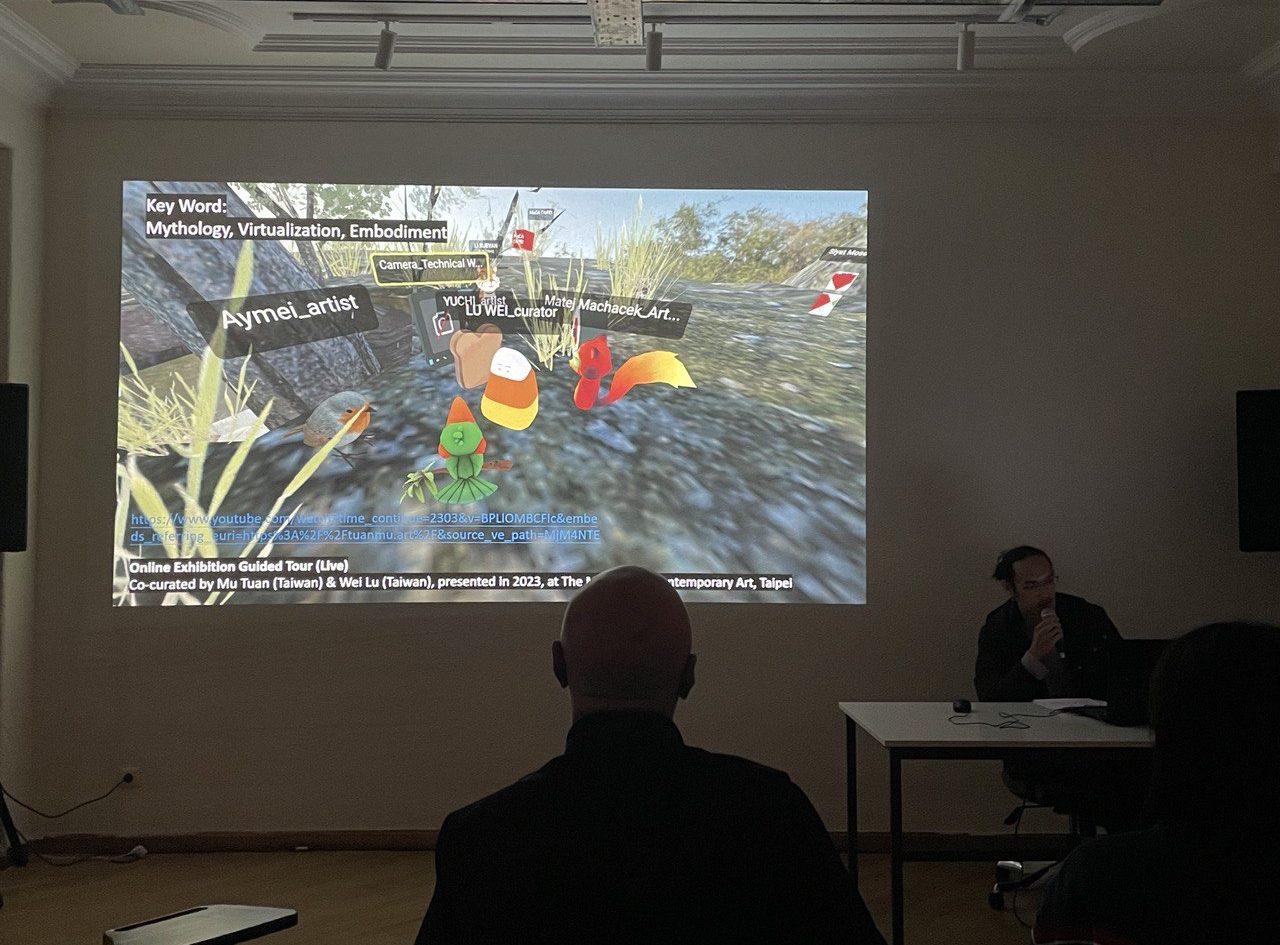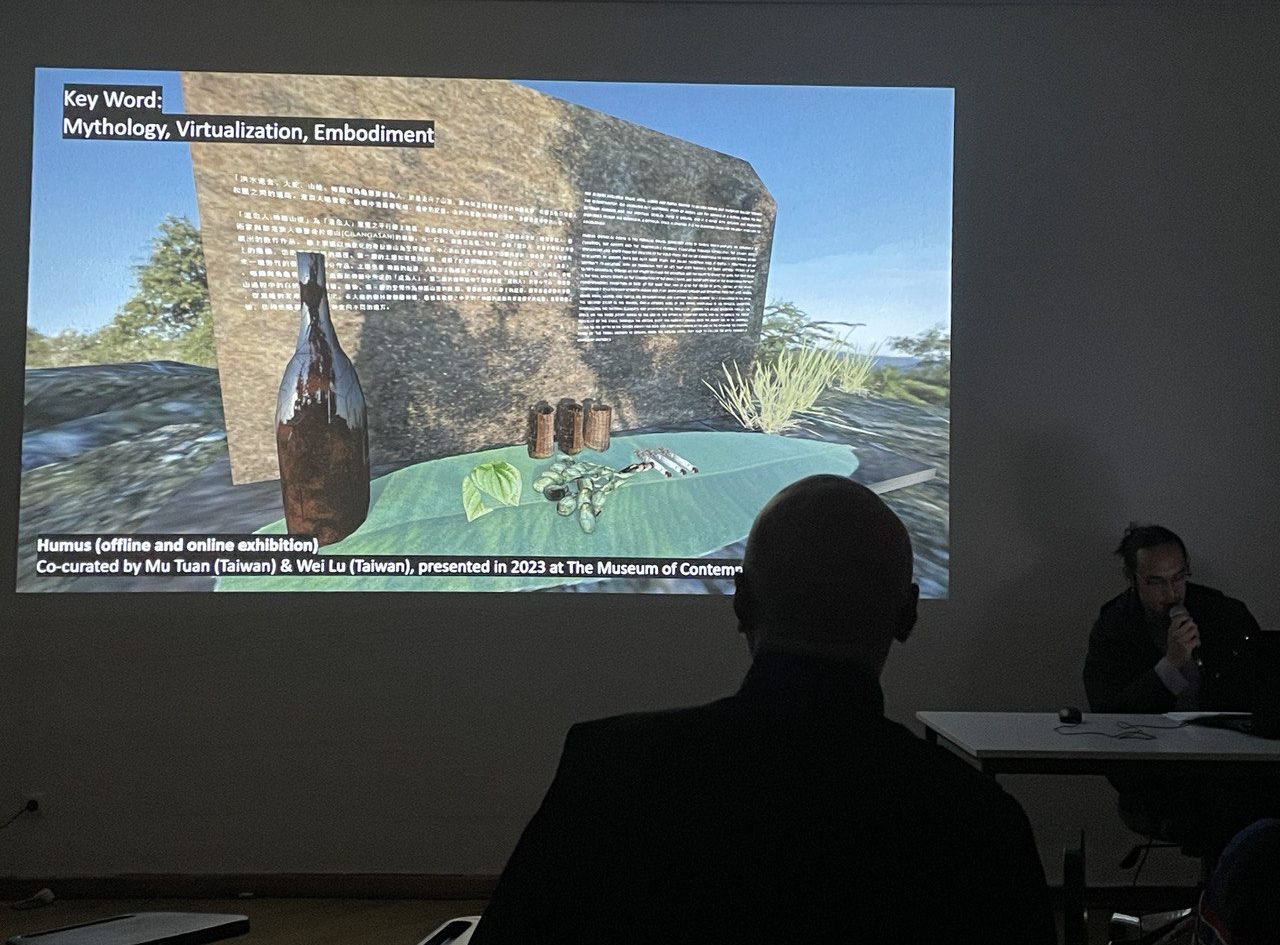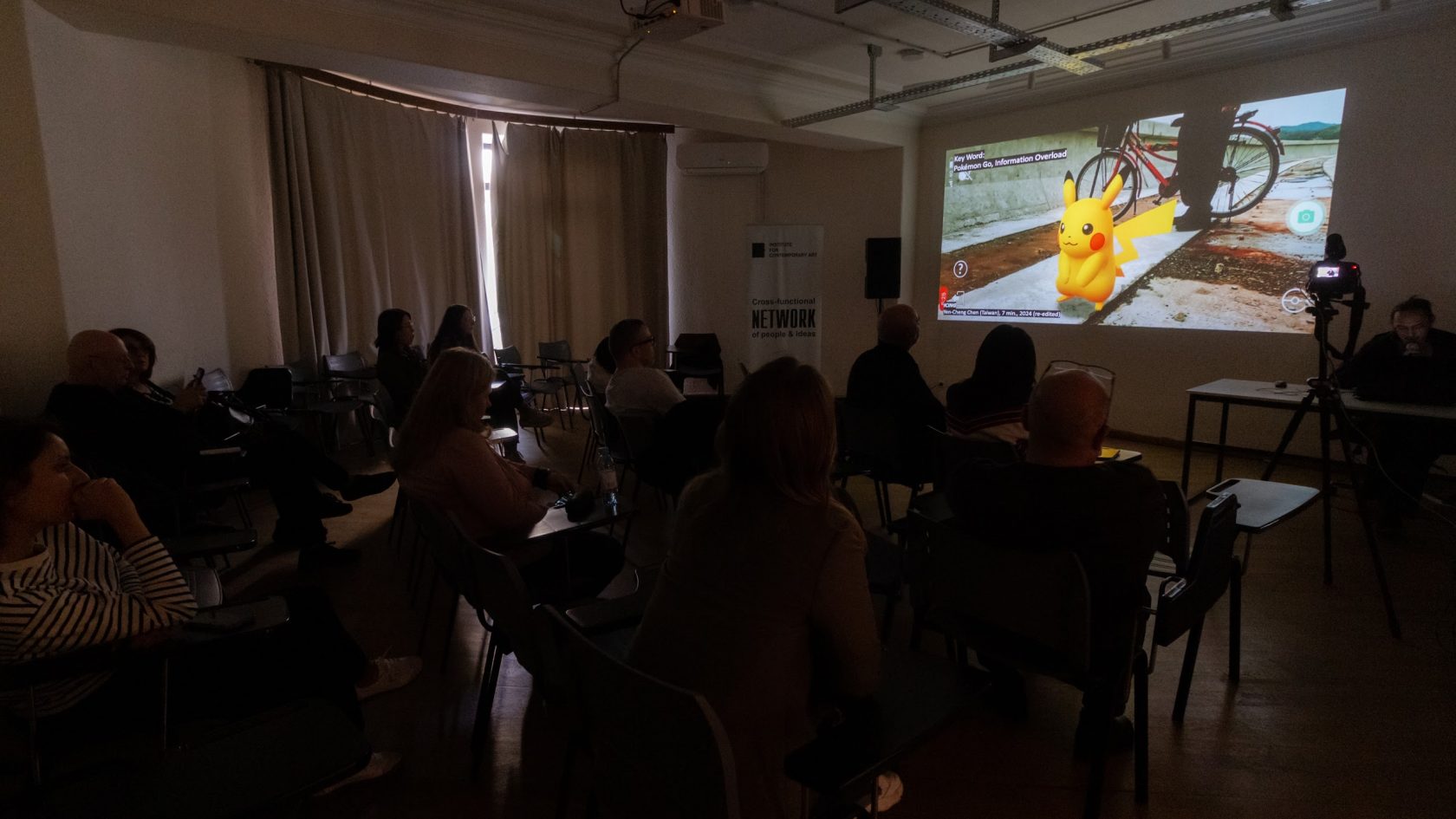CYFEST 16: Beyond Interfaces. Taiwanese Video Program
Beyond Interfaces—Taiwanese Video program is inspired by CYFEST 16’s curatorial theme of Archive of Feelings. A Journey. Through the perspective of seven groups of Taiwanese artists, with the diverse viewpoints of historical memory, cartography, alchemy, nostalgia, virtual relationship and gaming disorders, “Beyond Interfaces” will examine the connection between technological objects and human emotions.
As a medium of data exchange between two physical entities, the interface, more than merely possessing the function of enabling transmission of information between software, hardware, and external devices, holds as much significance in its interweaving of human emotions and technology, generating complex modes of communications as a result. Through the course of each interaction, it transforms our language, thinking and bodily perception into information, allowing our emotions to seemingly move beyond the interface, and build behind it, a field of emotions.
Presented by curator Mu Tuan
Tuan Mu is an independent curator and visual artist based in Taipei. He attentively focuses on the potential of cross-cultural study and identity issues in contemporary contexts. His curatorial practices often engage curators, artists, and local people in fieldwork. During this he contemplates how exhibitions are constructed, recalibrating curatorial expectations and ideals. His curatorial proposals have been selected for the SLY Art Space Emerge Curator Project, NCAF Curator’s Incubator Program, and nominated for the Taishin Art Award. His curatorial projects include the exhibition Home: Foundation, Wall Cancer, Skin, and Shelter (2023, Taitung Art Museum) and Humus (2023, MoCA Taipei).
Photos by Anton Khlabov and Mitya Lialin
Places
Mirzoyan Library
10 Mher Mkrtchyan St., Yerevan
Artists
Featuring artists:
Running time: 42 min
